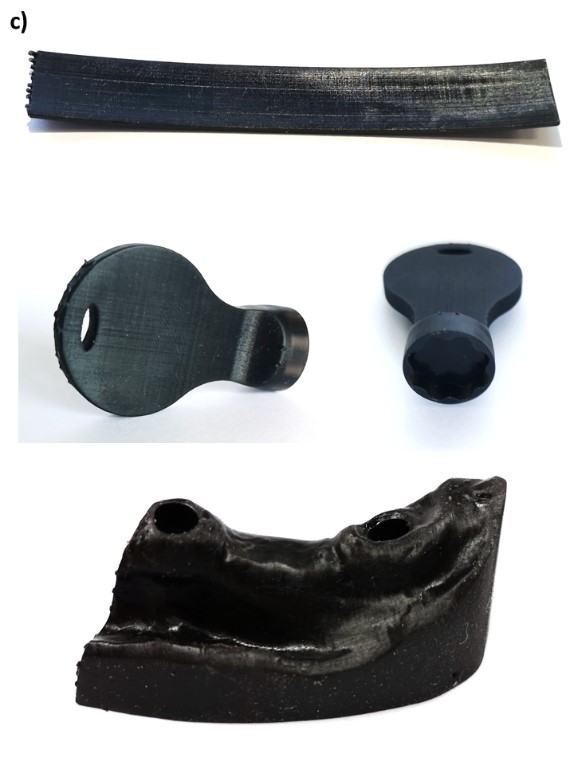
Writer: Miglė Lebedevaitė (in the picture)
‘Technorama 2020’ is an international event organized annually by Kaunas University of Technology (KTU), Lithuania, which attracts over 60 scientists from various universities and more than 2,000 visitors. The innovations presented by young scientists range from products and technologies for health monitoring to concrete made from waste, as well as from antimicrobial silicone to electronic impulse generator. Technorama provides a great opportunity for students, young researchers, and scientists to showcase their developed ideas, technologies or prototypes. Information about the innovations is advertised in various media channels, and the ideas presented are evaluated by a board composed of the academic community members and business representatives. The most innovative products are awarded and receive special prizes from KTU Rector and business companies.
This year ‘Technorama 2020’ was transformed into virtual exhibition where ECOLABNET implementer Migle Lebedevaite, a PhD student of Chemical Engineering, Kaunas University of Technology, presented her research work entitled “Bio-based resins for optical 3D printing”.

The idea of this work was to replace petroleum-based substances by materials derived from renewable sources in photocurable resins for optical 3D printing.
In recent years, optical 3D printing emerged as a flexible additive manufacturing technique where photosensitive resin is polymerized layer by layer using UV/VIS irradiation. Up to now, commercial photosensitive resins for optical 3D printing are composed of petroleum-based materials. Natural oils are one of the best bio-based alternatives for petroleum-derived materials due to their richness in double carbon bonds which can be polymerized or converted to other functional groups, as well as due to their biodegradability and renewability.
Acrylated epoxidized soybean oil (AESO) is used commercially in various plastics formulations, although its usage in optical 3D printing has not been commercialized yet. In this work, a bio-based resin composed of AESO and bio-based reactive diluents was designed and successfully applied in optical 3D printing using digital light processing machine. The designed AESO-based resin was tested by SC Ameralabs and validated to be suitable for industrial applications. Since designed bio-based resins are composed of naturally derived materials, the 3D printed objects of bio-based resins are biodegradable. After the disposal 3D printed parts will slowly biodegrade in the environment without any hazard of microplastic formation.
Designed bio-based resins are composed of only commercially available bio-based materials and could be quickly transferred into the marketplace, where it could easily replace synthetic 3D printing resins and thus can help reduce environmental impact.
ECOLABNET booth can be found following this link:
After the loading, press: Begin –> Exhibition –> Chemical Technologies –> Bio-based resins for optical 3D printing
- by Deivydas Čepas on 2020-10-07

